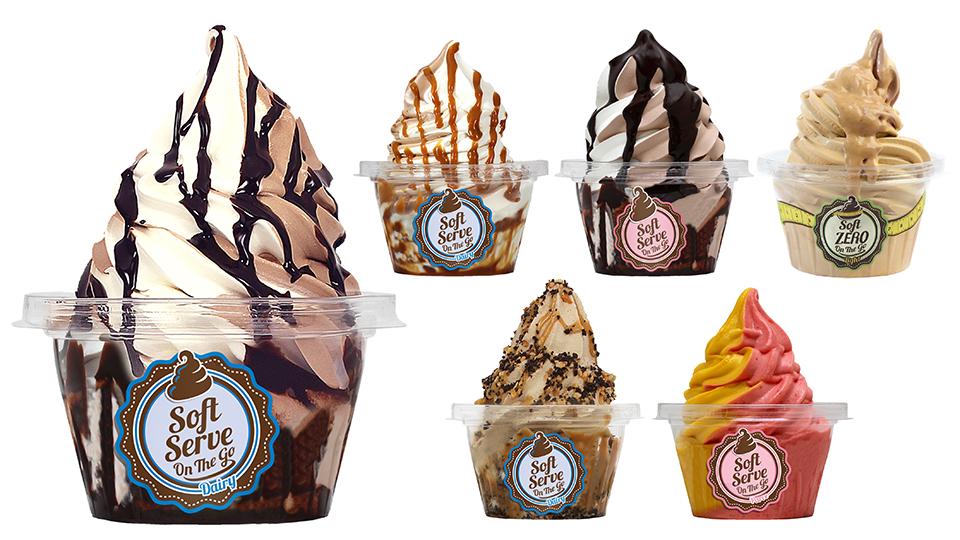Soft serve ice cream cups produced by Real Kosher Ice Cream of Brooklyn, New York, have been recalled after being linked to a Listeria outbreak, the U.S. Food and Drug Administration announced.
The Real Kosher Ice Cream company voluntarily issued a recall of its ice cream products that are sold under the brand name Soft Serve On The Go after reports of illness in two states were linked to the frozen dessert.





